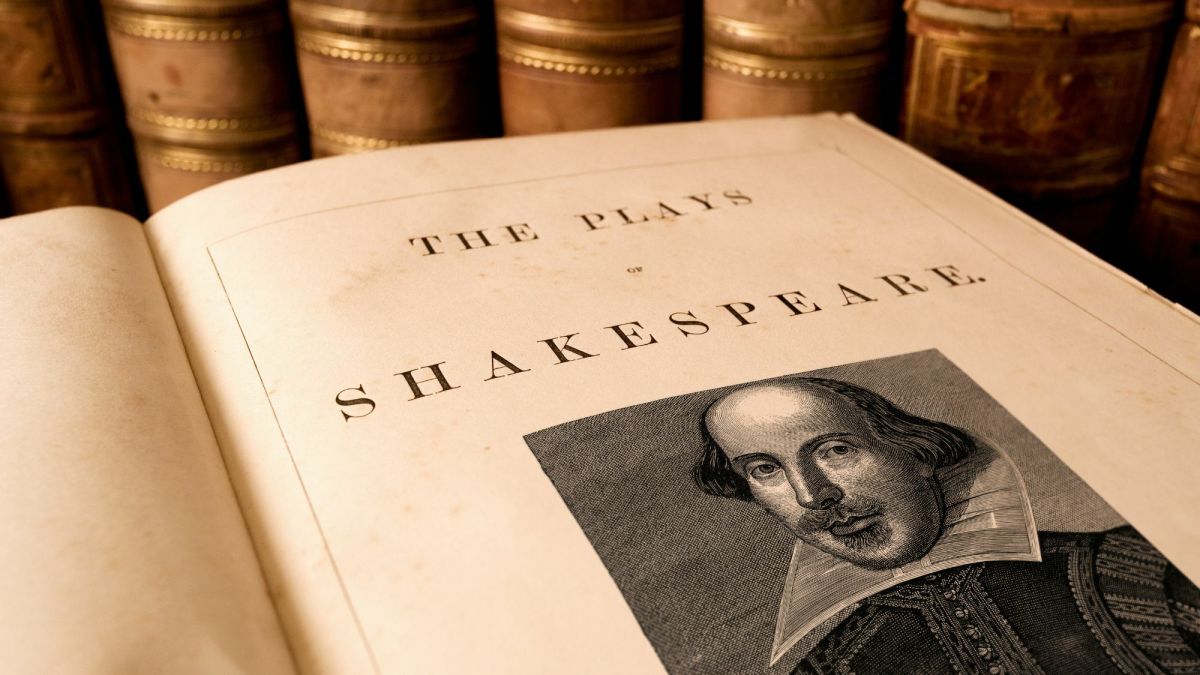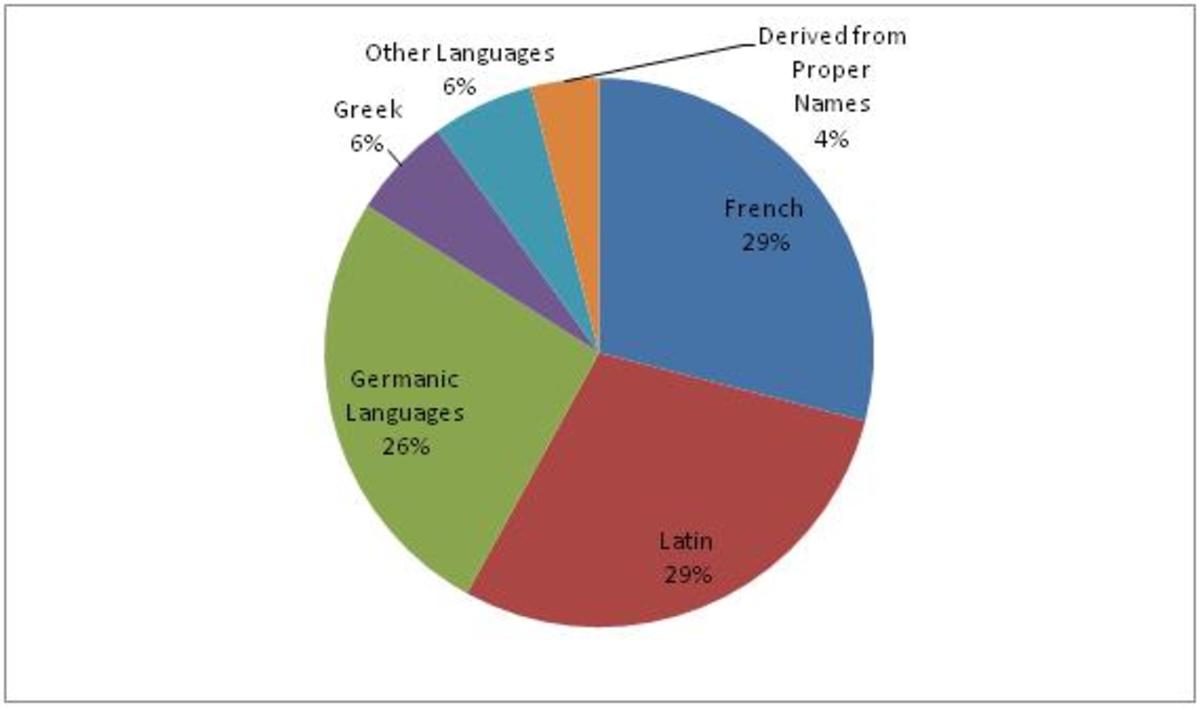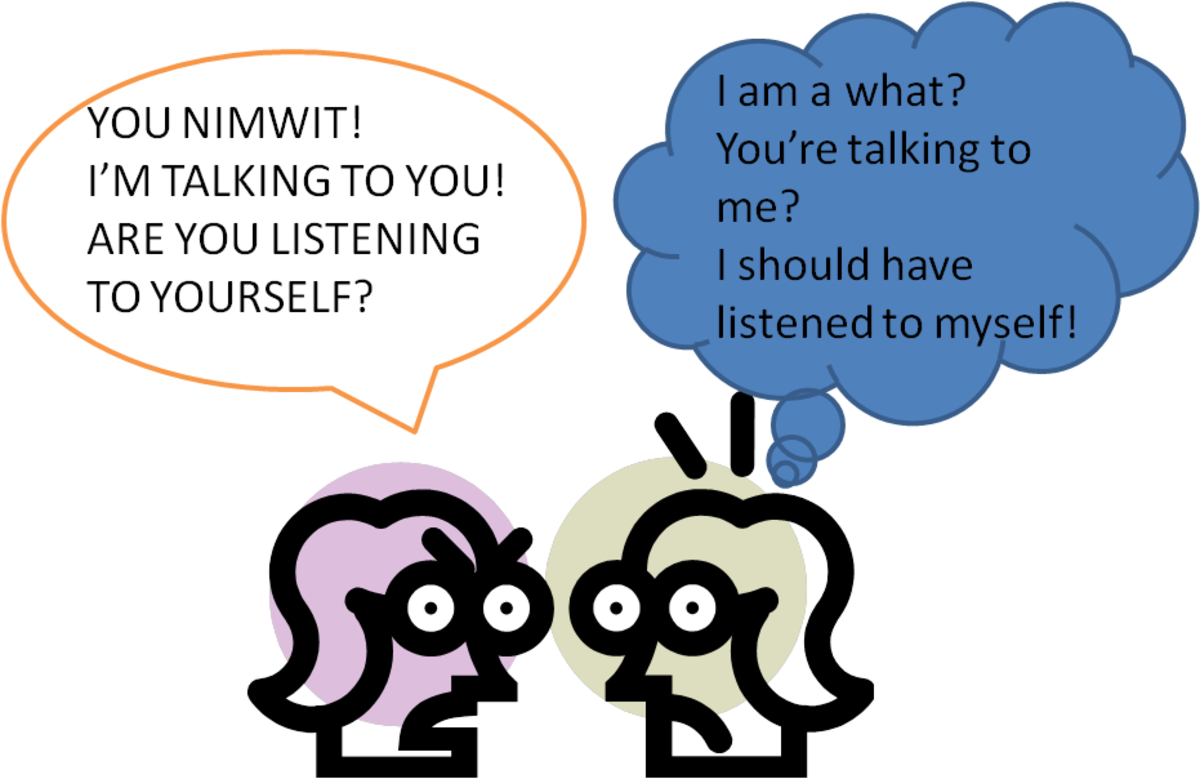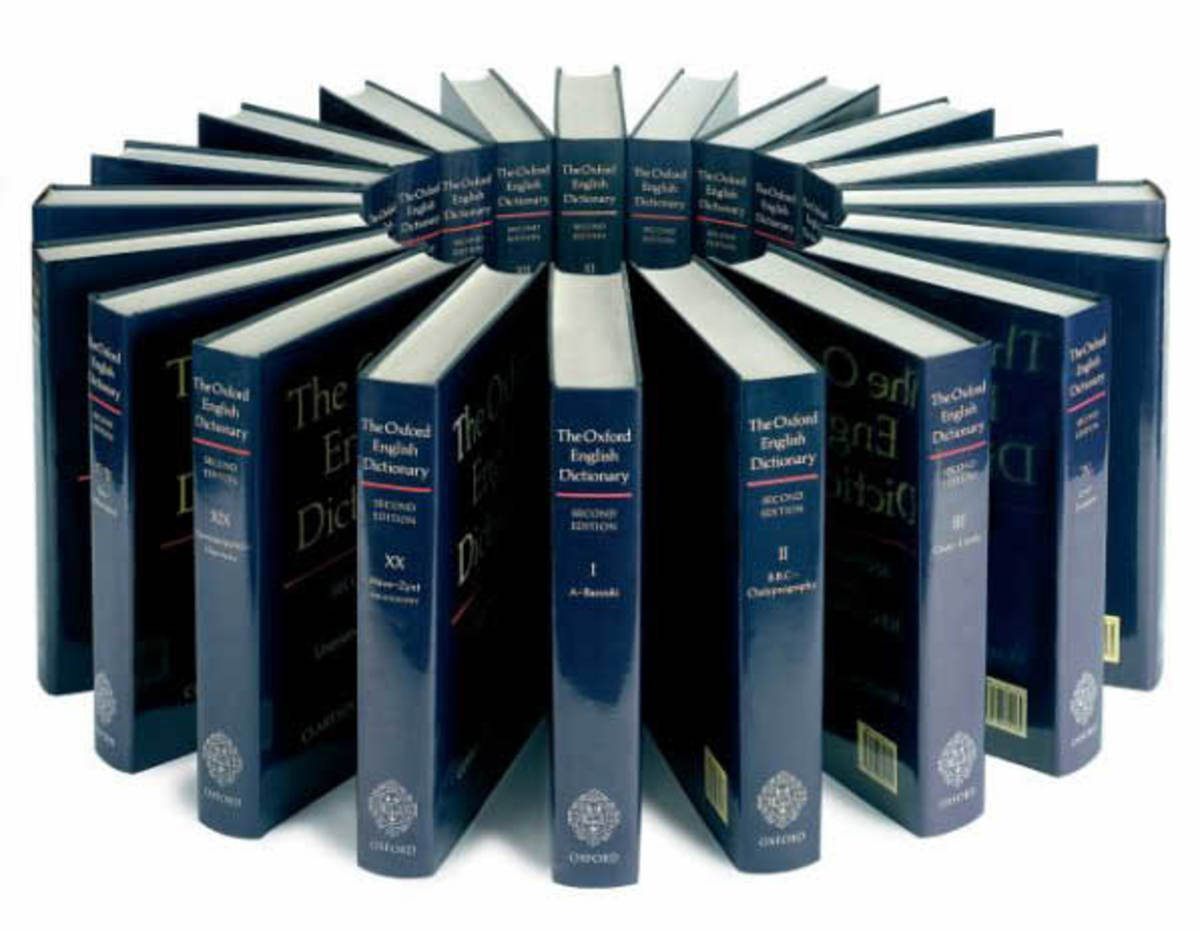English Grammar, English Words :: Prefixes, Suffixes, Plural Nouns :: With Vowel Changes
English Language :: New Words From Varying Grammatical Forms
When we look for the different ways that new words are formed out of old we find that a vast number have been born as the direct result of varying grammatical forms, especially from the earliest of times.
If you expect that primitive languages have the simplest of grammar then you would be wrong. Primitive people never thought about grammar. They did not consciously devise abstract nouns, past participles or the like. They did, however, wish to communicate more effectively over time. They had a want to express themselves in more exact shades of meaning. In order to achieve this they constantly made minor additions or changes to their words to modify the sense.
Grammatical systems developed on an ad hoc basis and complications multiplied. Then in time the pendulum swung. More sophisticated people pruned the excrescences from their speech habits. The later language becomes simpler than the earlier.
Anyone conversant with Greek, Latin, Russian or German knows what grammatical complications are. Old English was no different. Case inflexions, unnatural genders and adjectives that must agree with nouns were all present. The period after the Conquest in the 11th century when Latin and Norman French was to the fore for the literate, saw English only as a spoken language. In this period it managed to shake off most of these encumbrances and found greater clarity.
As an English speaker and writer I am glad that I do not have the vagaries of word gender with which to contend. Why does a language have a need for a table to have gender? It is absurd! I am thankful to those English speakers of the Early Middle English period who had the intellect to see this absurdity also - and who did something about it!
As for the agreement of adjectives with nouns - again why? English is the only European language in which one can speak of 'a tall man', 'a tall woman', ' a tall tree' and 'tall people' without change to the qualifying word - the only one where the article never varies. In German 'the' has six different forms, Greek twelve, and then you must know which of sixteen or eighteen different combinations of case, gender and number must be used. Ridiculous!
Possessive Nouns
Middle English :: Grammatical Simplification
The simplification of English grammar occurred during the Middle Ages. In the thirteenth century the old grammatical forms were forgotten. Out of chaos a better and simpler order evolved. There were two main trends:
- The dropping of unnecessary inflexions - few are needed for understanding
- Consistency - the only preserved case endings were plurals and the state of possession.
It was not all achieved in an instant. It did not follow a plan. It happened in colloquial speech. The only issue for us today is that, unluckily, the endings that survived for these two functions were identical in form. One plural in Old English was -as which gave -es or -s as the universal plural. It could have been -en. For genitives there were several choices but -es became the preferred. Today this is why we use 's to differentiate the genitive from the plural form.
Perversely English language also uses -s for one of our few modern inflexions for verbs. The older ending for the third person singular was -eth (giveth).
This utilisation of -s combined with the dropping of old inflexions has led to easy fluent speech. Conversely it does produce some ambiguities, especially where brevity is of the essence and the words used are able to be verbs and nouns.
English Words :: Plurals Not Ending In -s.
There are a merest handful of Old English plural words that survived the onslaught of the all encompassing movement to -s endings. These are amongst our oldest and most basic words. They were so familiar that nothing could change them.
- Men, women, children, teeth, feet, oxen, geese, mice, lice. Also brethren which is just about clinging on.
The Vowel Song
English Words :: Vowel Changes
This vowel change was an early development in nouns and verbs. In verbs it produced a difference in tense. Many still do:
- run - ran, give - gave, take - took, fly - flew, come - came, ride - rode.
In Old English there were many more.
In English there are dozens of pairs of words directly derived from each other but seemingly quite separate because of the change of vowel:
- Road - ride, knot - knit, flood - flowed, strew - straw, sing - song, sit - seat, feed - food, scrape - scrap, skim - scum, sow - seed, mow - mead, throw - thread.
In Old English the ending -th was used to make abstract nouns from verbs. This could cause the original vowel to change, but not always:
- Steal - stealth, grow - growth, brew - broth, gird - girth, bear - birth, die - death (via dead), rue - ruth, mow - math (after mowing you were left with the aftermath).
The 'th' could be added to nouns:
- Moon - month
But mostly it was used with adjectives:
- Wide - width, strong - strength, true - truth, merry - mirth, slow - sloth, foul - filth, young - youth, hale - health, well - wealth, dry - drought (earlier drouth ), dear - dearth.
Of all the Old English noun suffixes the most prolific and still utilised is -ness. We happily add it to all adjectives.
Prefixes, Suffixes and Roots Rap
Prefixes and Suffixes
English Words :: Utilising Prefixes and Suffixes
English has always had a plethora of prefixes and suffixes. With them each word can be modified a dozen or so times from one root.
For instance the word 'hale' has the northern meaning of 'whole'. From whole we get:
- Wholly, wholesome, unwholesome, wholesomeness
From 'hale' also comes the verb 'to heal'. From heal we get:
- Healer, healing, health, healthy, healthily, healthful, unhealthy, unhealthiness
There is also the verb 'to hail'.
But that is not all! The basic root hal - also gave rise to 'holy'. From holy came:
- Holiness, unholy and the almost obsolete hallow
We have shown twenty or more words formed with suffixes and prefixes from a single root. Words truly grow from words.









